Buying Guide

Projector Screen Material: The Insider's Guide
When it comes to elevating your home theater or presentation setup, the devil is in the details. One detail that's often overlooked? Projector screen material. While projectors get the limelight,...
Projector Screen Material: The Insider's Guide
When it comes to elevating your home theater or presentation setup, the devil is in the details. One detail that's often overlooked? Projector screen material. While projectors get the limelight,...
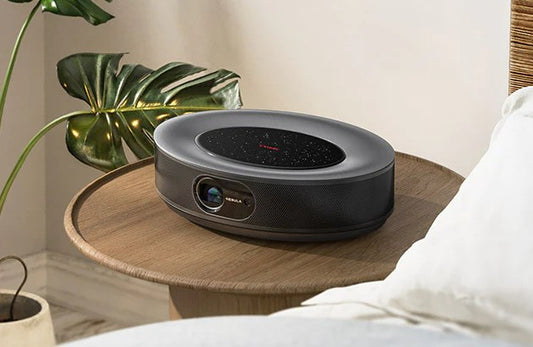
Top Projector Shelf Ideas for Your Home Setup
If you’re looking for a unique and stylish way to add storage space and decorate your home, consider installing projector shelves. These contemporary shelving solutions are not only visually appealing...
Top Projector Shelf Ideas for Your Home Setup
If you’re looking for a unique and stylish way to add storage space and decorate your home, consider installing projector shelves. These contemporary shelving solutions are not only visually appealing...
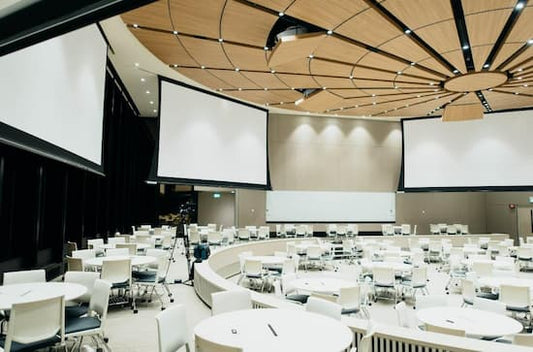
Grey vs White Projector Screen: A Comprehensive...
A projector is crucial in a wide variety of scenarios nowadays. Among the many decisions you'll face when setting up your projector, one important decision is to go for a...
Grey vs White Projector Screen: A Comprehensive...
A projector is crucial in a wide variety of scenarios nowadays. Among the many decisions you'll face when setting up your projector, one important decision is to go for a...
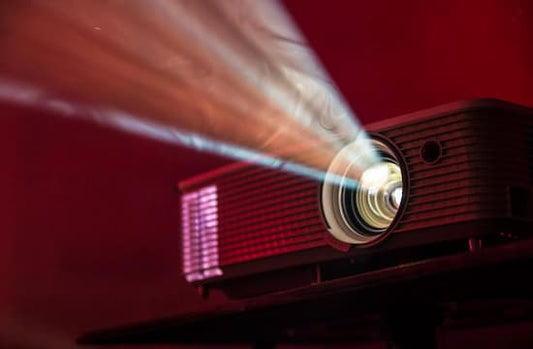
Are Projectors Better for Your Eyes Than TV?
In a world dominated by screens, from our smartphones to televisions, concerns about eye strain and discomfort are on the rise. Many of us spend countless hours staring at screens,...
Are Projectors Better for Your Eyes Than TV?
In a world dominated by screens, from our smartphones to televisions, concerns about eye strain and discomfort are on the rise. Many of us spend countless hours staring at screens,...
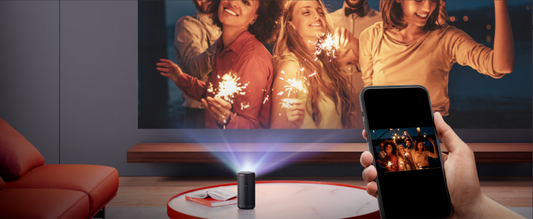
Projector Screen vs Wall: A Definitive Comparison
You're setting up a home theater or gearing up for a presentation. The question looms: projector screen vs wall—which canvas deserves the limelight? It's a question that has both casual...
Projector Screen vs Wall: A Definitive Comparison
You're setting up a home theater or gearing up for a presentation. The question looms: projector screen vs wall—which canvas deserves the limelight? It's a question that has both casual...
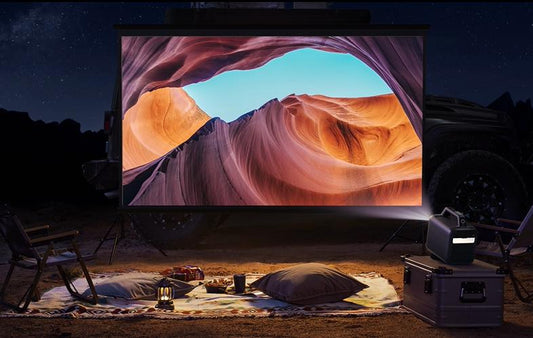
What to Look for in a Projector - Buyers' Guide
Are you on the market for a projector and want to make sure that you buy the best one for your needs? Finding the perfect projector isn't as easy as...
What to Look for in a Projector - Buyers' Guide
Are you on the market for a projector and want to make sure that you buy the best one for your needs? Finding the perfect projector isn't as easy as...